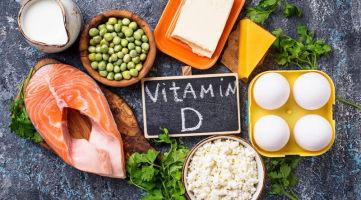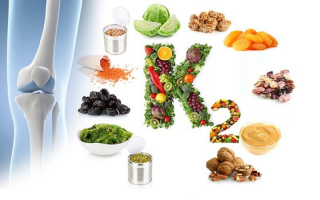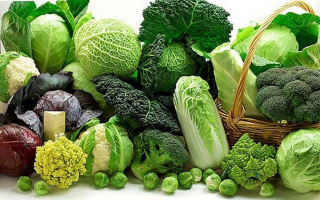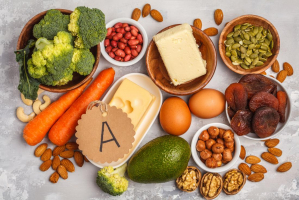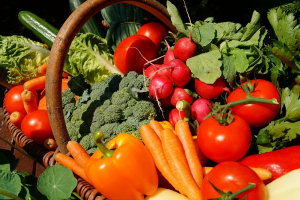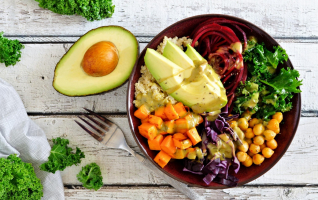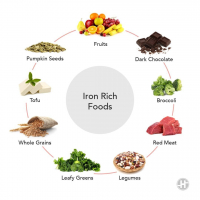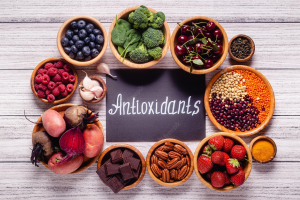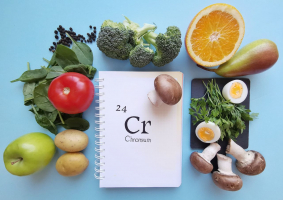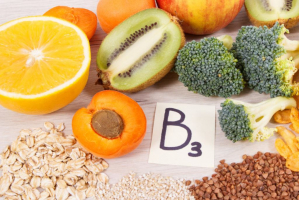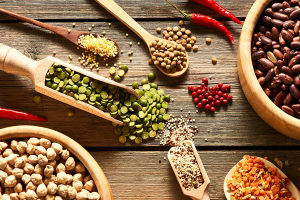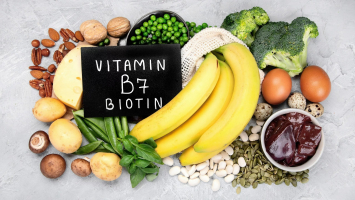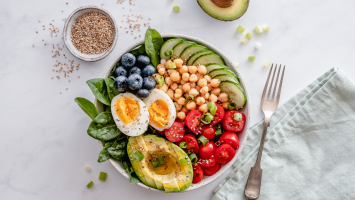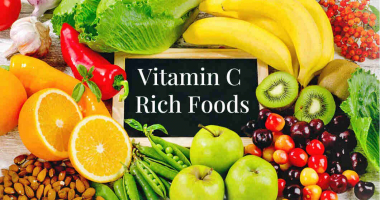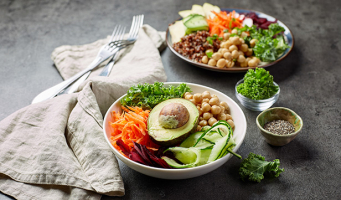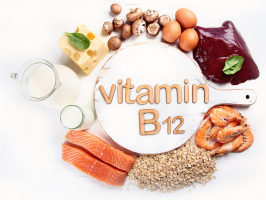Top 15 Best Foods High in Calcium
Calcium is not only one of the most importat minerals in the body, but it is also beneficial to overall health. It makes up a large portion of your bones and ... read more...teeth, as well as contributes to heart health, muscle function, and nerve signaling. Most adults should eat at least 1,000 mg of calcium every day, while specific groups, such as adolescents, postmenopausal women, and the old, require a larger quantity. Below are some of the Best Foods High in Calcium you can add to your meal!
-
Poppy, sesame, celery, and chia seeds are small, but they're incredibly rich in nutrients. These seeds have been praised for their health benefits for centuries and were a staple in the ancient Aztec and Maya diets. They include antioxidants, minerals, fiber, and omega-3 fatty acids, which may help with heart health, bone strength, and blood sugar management.
They are also tiny nutritious powerhouses that are strong in calcium. One tablespoon (9 grams) of poppy seeds, for example, contains 127 mg of calcium, or 10% of the Daily Value (DV). Seeds are also high in protein and healthy fats. Chia seeds, for example, are high in plant-based omega-3 fatty acids. In 1 tablespoon (9 grams), sesame seeds provide 7% of the daily value for calcium, as well as other minerals including copper, iron, and manganese.
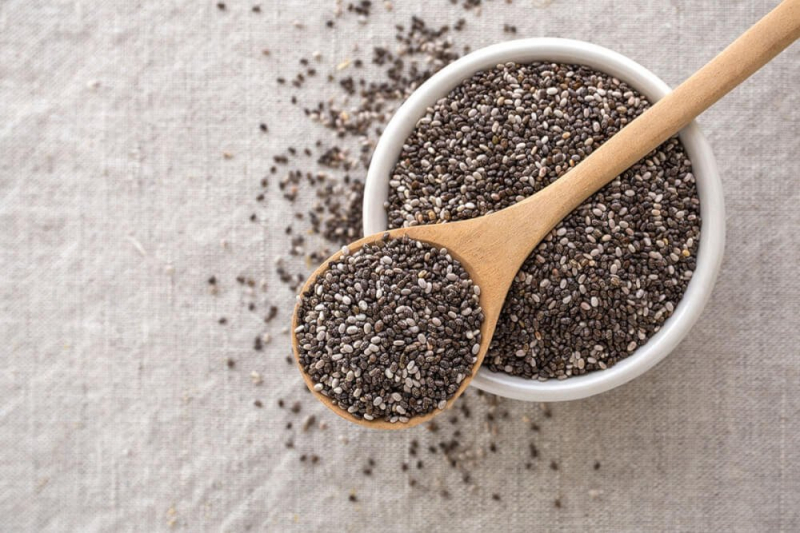
Seeds 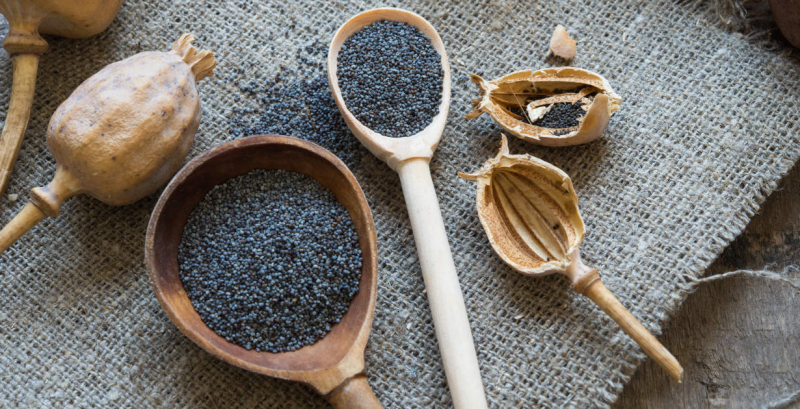
Seeds -
The majority of cheeses are high in calcium. Parmesan cheese has the greatest, with 242 mg per ounce, or 19% of the daily requirement (28 grams). Softer cheeses contain a lower percentage of fat. For example, 1 ounce (28 grams) of Brie has just 52 mg or 4% of the daily value. Additionally, calcium from dairy products is more easily absorbed by the body than calcium from plant sources.
Cheese is very high in protein. Cottage cheese is high in protein, with 23 grams per cup. Furthermore, aged, hard cheeses have a low lactose content, making them simpler to digest for lactose people. Dairy products may also provide health benefits. According to one review of 31 research, increasing dairy intake may be linked to a lower risk of heart disease. Another study discovered that consuming milk and yogurt on a daily basis was connected to a lower risk of metabolic syndrome, a condition that increases your risk of heart disease, stroke, and type 2 diabetes. Full-fat cheese, on the other hand, can be high in saturated fat and calories. Some cheeses are also high in sodium, which some people may need to limit.

Cheese 
Cheese -
Yogurt is a great calcium source. Probiotics, a type of beneficial bacteria that can improve immune function, heart health, and nutrient absorption, are abundant in many types of yogurt.
Plain yogurt includes 23% of the daily need for calcium, as well as a healthy amount of phosphorus, potassium, and vitamins B2 and B12. Low-fat yogurt may have even greater calcium, with 1 cup providing 34% of the daily value (245 grams). Greek yogurt, on the other hand, is a great way to add more protein to your diet, but it has less calcium than regular yogurt. In addition to providing a wide range of nutrients, some study suggests that regular yogurt consumption may be associated with a lower risk of heart disease.

Yogurt 
Yogurt -
Sardine is higher in Vitamin D, Calcium, Iron, and Phosphorus, while salmon is significantly richer in Vitamin B6. Sardine also has lower cholesterol and sodium levels, whereas salmon has fewer calories due to its higher water content and lower fat content.
Because of their edible bones, sardines and canned salmon are high in calcium. A 3.75-ounce (92-gram) can of sardines has 27% of the daily requirement, whereas 3 ounces (85 grams) of canned salmon with bones contains 19%. These oily fish are also abundant in protein and omega-3 fatty acids, which can help your heart, brain, and skin remain healthy. Smaller fish like sardines, while containing mercury, have low levels. Sardines and salmon also contain a lot of selenium, a mineral that can help prevent and cure mercury toxicity.
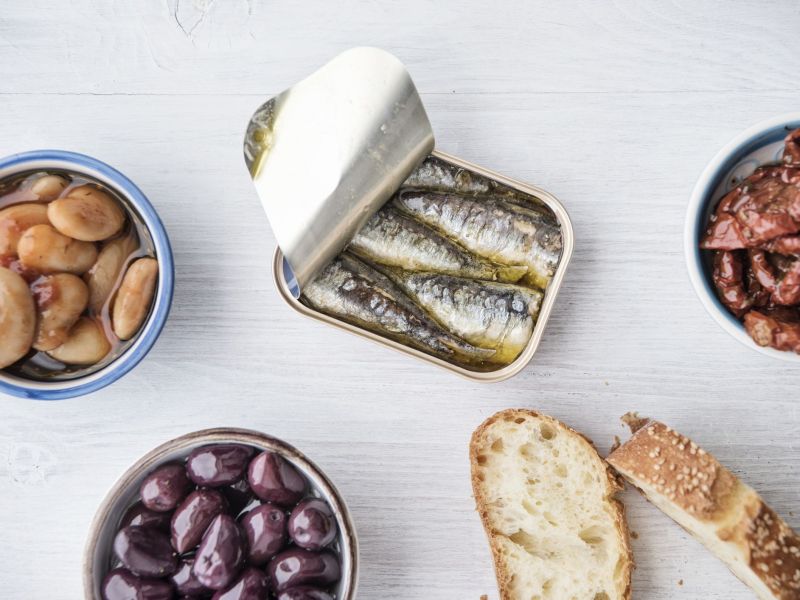
Sardines and canned salmon 
Sardines and canned salmon -
Beans and lentils are high in dietary fiber, protein, B vitamins, and a variety of other nutrients and micronutrients. They may help lower blood sugar, improve heart health, and maintain a healthy gut, according to some evidence.
Fiber, protein, and minerals such as iron, zinc, folate, magnesium, and potassium are abundant in beans and lentils. Winged beans, for example, provide 244 mg of calcium, or 19% of the daily value, in a single cooked cup (172 grams). White beans are another rich source, with 1 cup (179 grams) of cooked white beans providing 13% of the daily requirement. Other beans and lentil varieties contain less, ranging from 3-4% of the daily value (DV) per cup (175 grams). Beans are important for many of the health benefits associated with plant-based diets. Beans may help lower LDL (bad) cholesterol levels and lower your risk of developing type 2 diabetes, according to a study.
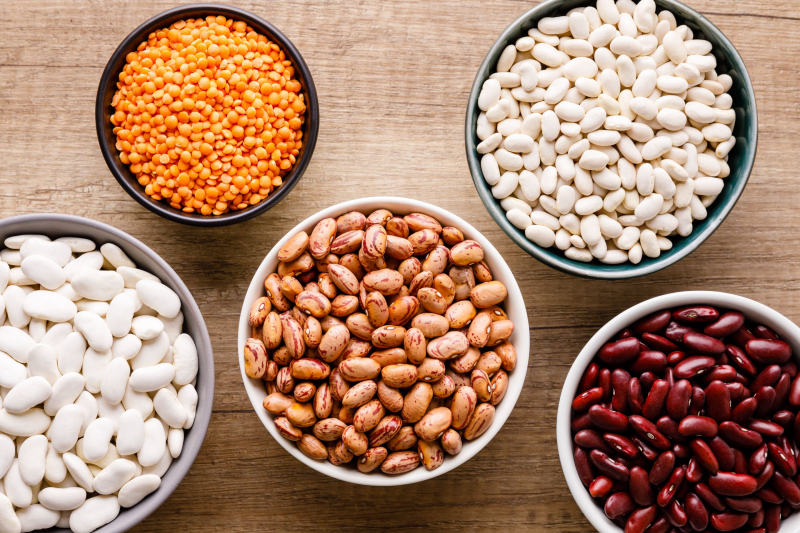
Beans and lentils 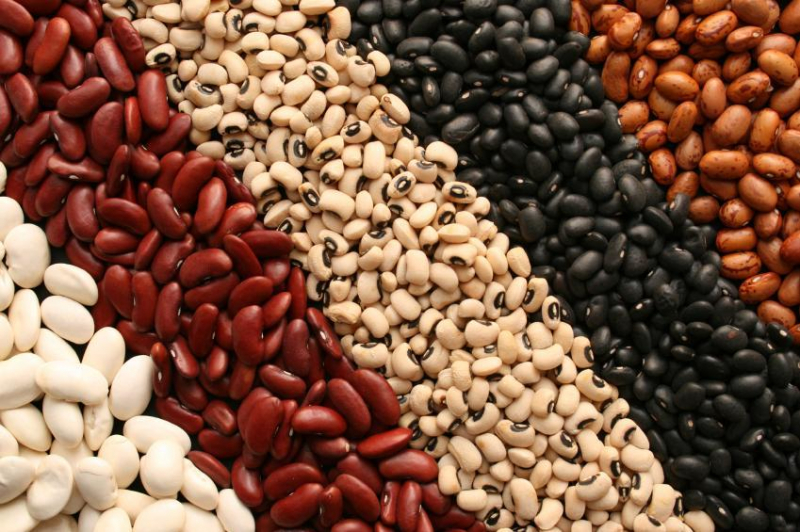
Beans and lentils -
Almonds are among the greatest calcium content. They are a great snack with 246 mg of calcium per cup, as well as healthy fats, fiber, magnesium, and vitamin E. Instead of something sweet for an afternoon snack, grab a handful of them and you'll be satisfied until dinnertime!
A single serving of almonds is a filling and nutritious snack. Almonds are high in calcium and phosphorus, which help to maintain bone health and prevent fractures. Almonds provide 6% of the daily value (DV) in just 1 ounce (28 grams), or about 23 nuts. Almonds provide 3.5 grams of fiber per ounce (28 grams) and are high in healthful fats and protein. Nuts may also help to lower blood pressure, body fat, and a variety of other metabolic disease risk factors.
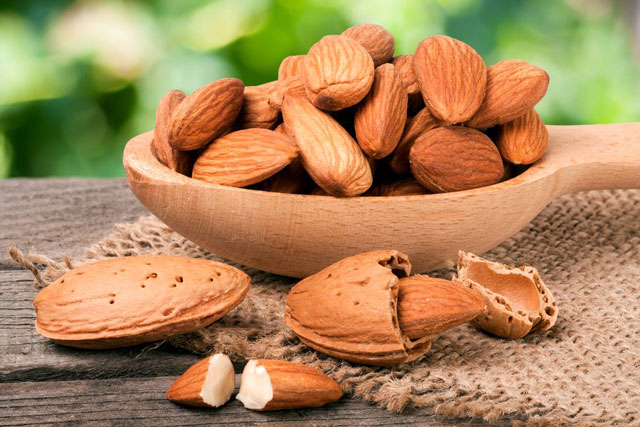
Almonds 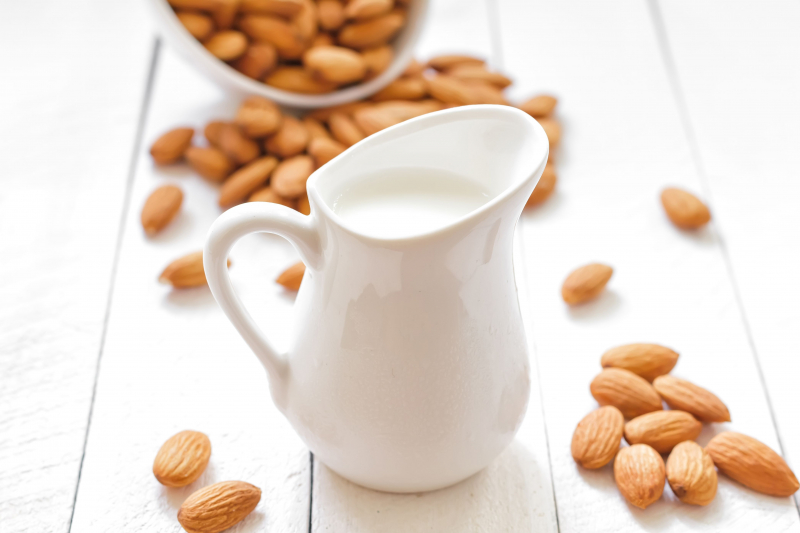
Almonds -
Whey is a type of milk protein that has been extensively researched for its potential health benefits. Whey protein powder is a pure isolate of the whey protein found in milk. As a result, it's high in not only protein but also calcium.
It's also a good source of protein and high in rapidly digested amino acids, which promote muscle growth and recovery. Surprisingly, several studies have even linked whey-rich diets to weight reduction and better blood sugar control. Whey is also high in calcium, with a 1.2-ounce (33-gram) scoop of whey protein powder isolate containing around 160 mg, or 12% of the daily value (DV). Protein shakes, smoothies, protein-packed oatmeal, and homemade protein balls may all be made with whey protein powder.
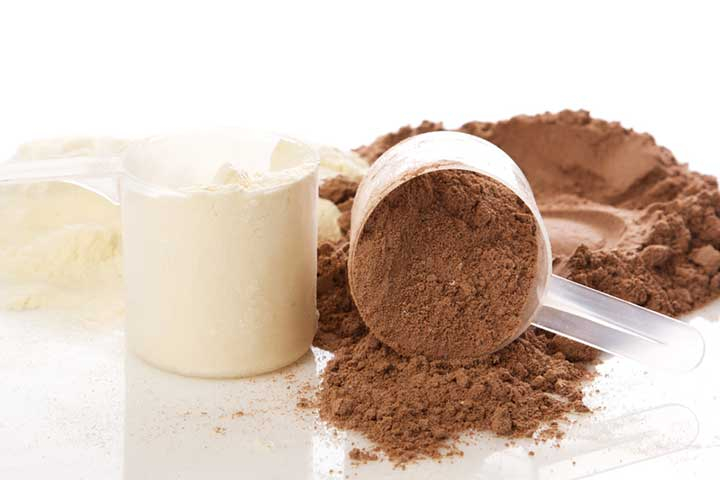
Whey protein 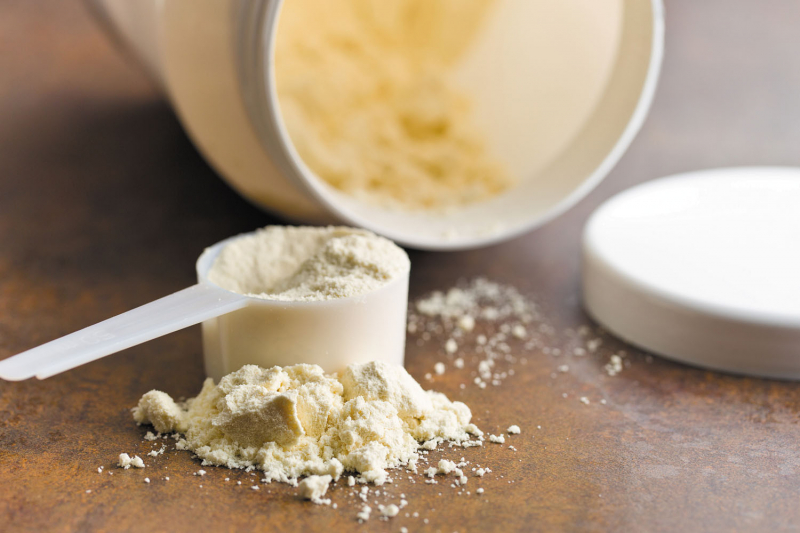
Whey protein -
Leafy green vegetables such as spinach, kale, chard, collard greens, and beet greens are among the world's healthiest foods. They're high in fiber, water, vitamin C, vitamin A, iron, antioxidants, phosphorus, and nitrates, all of which help to improve circulation and potentially decrease blood pressure
Many leafy green vegetables are high in calcium. For example, 1 cup (190 grams) of cooked collard greens has 268 mg of calcium or roughly 21% of the daily need. It's worth noting that some varieties, like spinach, are high in oxalates, which are naturally occurring compounds that bind to calcium and prevent it from being absorbed. As a result, despite its high calcium content, spinach is not as effectively absorbed as other calcium-rich greens with low oxalates, such as kale and collard greens.

Leafy green vegetables 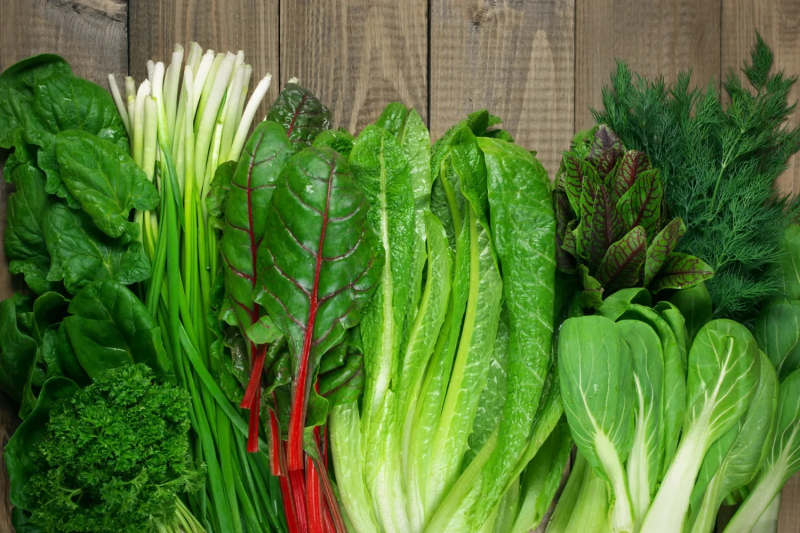
Leafy green vegetables -
Rhubarb is high in fiber, vitamin K, calcium, and other vitamins and minerals. It also includes prebiotic fiber, which encourages the growth of good bacteria in your stomach. Antioxidants are abundant in rhubarb, especially anthocyanins (which give it its red color) and proanthocyanidins. Anti-bacterial, anti-inflammatory, and anti-cancer properties of these antioxidants can protect you against a variety of health conditions, including heart disease, cancer, and diabetes.
Rhubarb, like spinach, is high in oxalates, which prevents most of the calcium from being absorbed. According to one research, your body can only absorb around 5% of the calcium in rhubarb. Rhubarb, on the other hand, is a calcium source even if you're only absorbing a small amount, with 105 mg of calcium per cup (122 grams) of raw rhubarb, or about 8% of the DV.

Rhubarb 
Rhubarb -
Fortified foods are a long-established and safe way of increasing nutritional intake (for example, milk is fortified with vitamin D). It can be difficult for vegans and others who do not tolerate or care for dairy foods, which are the major sources of dietary calcium in the United States, to meet their daily calcium requirements.
These people can benefit from the availability of calcium-fortified foods including soy milk, tofu, whole-grain cereal, and juice (in moderation). Fortified foods, such as cereals, can help you achieve your daily calcium requirements. In fact, certain cereals can contain up to 1,000 mg of calcium per serving (100% of the DV) - and that's before you add milk. Keep in mind, though, that your body can't absorb all of that calcium at once, so spread it out over the day.
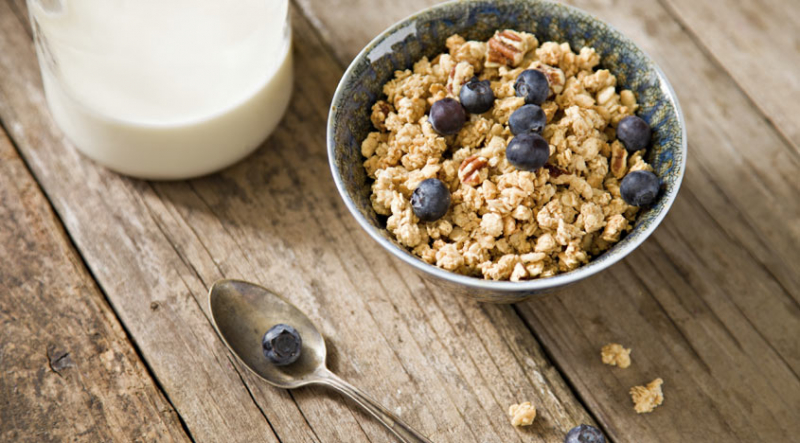
Fortified foods and drinks 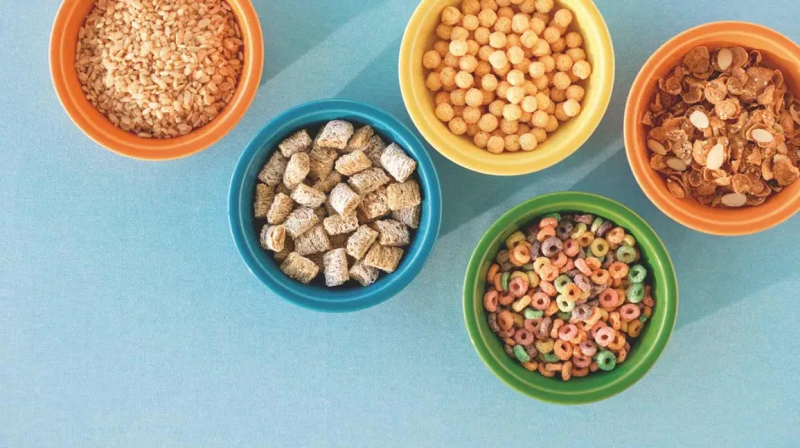
Fortified foods and drinks -
Amaranth is a nutrient-dense pseudocereal. It's high in minerals including manganese, magnesium, phosphorus, and iron, and is an excellent source of folate.
Amaranth grain has roughly the same amount of protein as other grains (14%), but it has four times the calcium of other grains (159mg/100g). Amaranth leaves have a high calcium content in comparison to other vegetables, with 215mg/100g, whereas spinach has just 99mg/100g. Cooked amaranth grain contains 116 mg of calcium per cup (246 grams) or 9% of the daily value. Amaranth leaves provide considerably more, with 21% of the daily value for calcium per cooked cup (132 grams), as well as a substantial quantity of vitamins A and C. Amino acids lysine and methionine, which are not commonly found in grains, are found in amaranth seed. It has three times the amount of fiber as wheat.

Amaranth 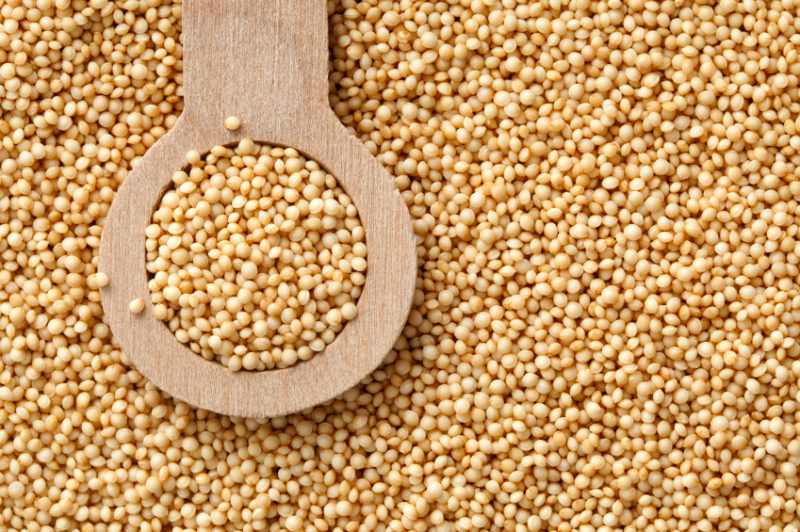
Amaranth -
Calcium is rich in soybeans by nature. Edamame beans are young soybeans that are often sold in their pods. Cooked edamame contains 8% of the daily value for calcium in one cup (155 grams). It's also high in protein and has all of your daily folate requirements in a single serving. Tofu made with calcium also contains a lot of it, with almost 66% of the daily value for calcium in only half a cup (126 grams).
Soybean-based foods like tofu, tempeh, and natto are also high in this mineral. The amount of calcium phosphate in 3.5 ounces of tofu is 350 mg (100 grams). Tempeh and natto, both produced from fermented soybeans, are other good sources. One 3.5-ounce (100-gram) serving of tempeh provides around 11% of the RDI, whereas natto provides almost twice as much.
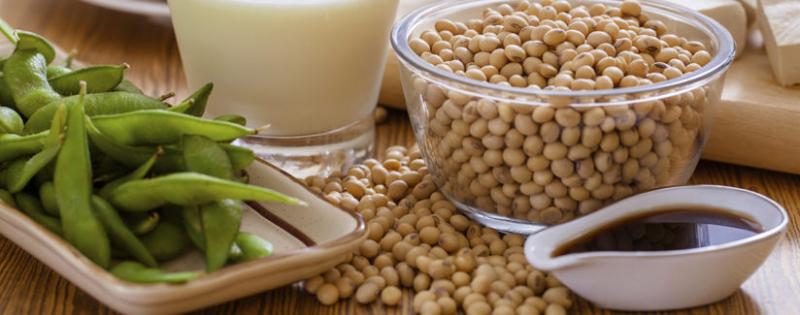
Soy foods 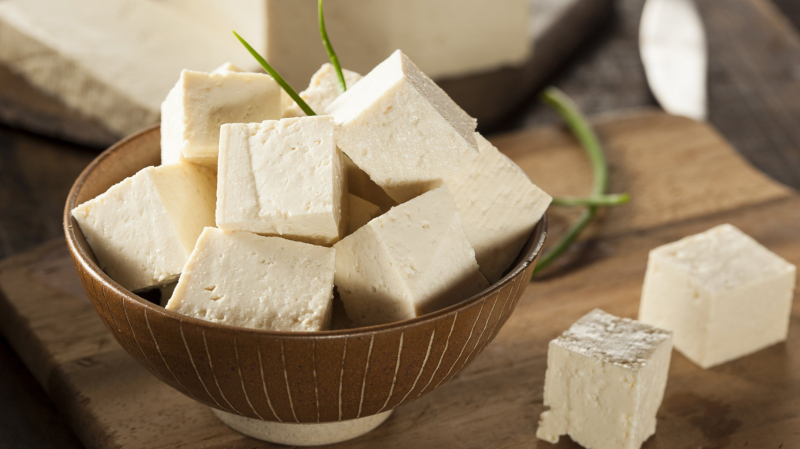
Soy foods -
Another way to increase your calcium intake is by adding seaweed to your diet. Wakame, a raw variety, has roughly 126 mg, or 12% of the RDI per cup (80 grams). It's available at most Asian shops as well as sushi restaurants.
Another common choice is kelp, which may be eaten raw or dried. Raw kelp contains roughly 14% of the RDI in one cup (80 grams), which may be added to salads and main dishes. Seasonings made from dried kelp flakes can also be used. Seaweed, on the other hand, may contain significant quantities of heavy metals. Some kinds, such as kelp, might have extremely high iodine levels per serving. While iodine is required for the proper functioning of the thyroid gland, too much of it can be hazardous. As a result, seaweed should not be consumed in large quantities or too frequently.

Seaweed 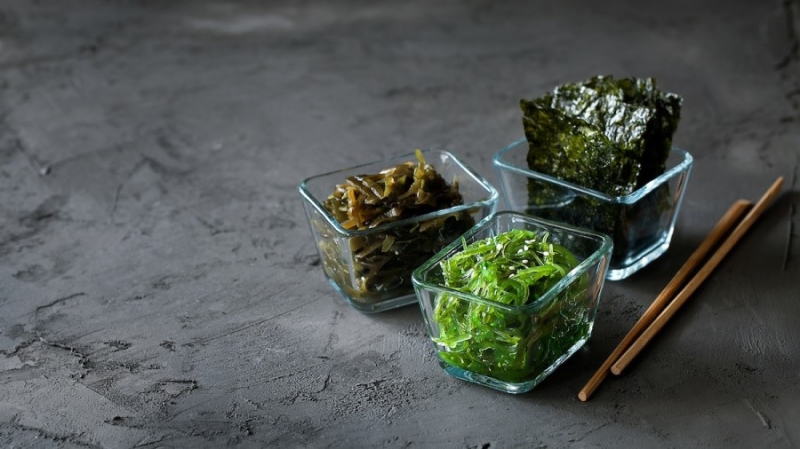
Seaweed -
A fig is a soft, thin-skinned fruit with green or purple skin. A fig's flesh is typically red, and the entire fruit can be eaten. Figs have been used to treat health problems involving the endocrine, reproductive, and respiratory systems, as well as the digestive system.
Antioxidants and fiber are abundant in dried figs. In addition, they contain more calcium than other dried fruits. In fact, a 1.4-ounce (40-gram) serving of dried figs provides 5% of the daily need for calcium. In addition, figs are high in potassium and vitamin K, two micronutrients that are important for bone health. Compared to fresh figs, dried figs provide more calories, sugar, dietary fiber, vitamins, and minerals. While vitamin C, vitamin A, and beta-carotene are all higher in fresh figs.

Figs 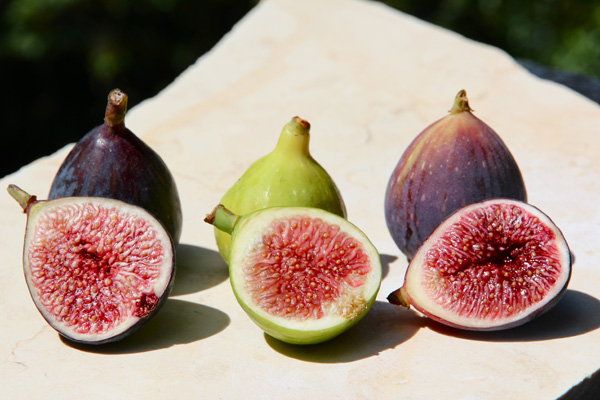
Figs -
There's no doubt milk is an important part of a balanced diet. Proteins, vitamins, minerals, and, most significantly, calcium are all abundant in it. Calcium helps to maintain bone health and structure, ensuring that your bones are stiff, strong, and robust. For adults under 50, the National Institute of Health recommends a daily dietary requirement of 1000 mg, and for older adults, 1200 mg.
Drinking milk is a great way to fulfill day-to-day dietary requirements, thanks to its rich nutrient profile and high calcium content. Depending on whether it's whole or nonfat milk, one cup (237 mL) of cow's milk has 306–325 mg. Dairy calcium is also very well absorbed. Furthermore, milk is high in protein, vitamin A, and vitamin D. Goat's milk is also a good source of calcium, at 327 mg per cup (237 mL).
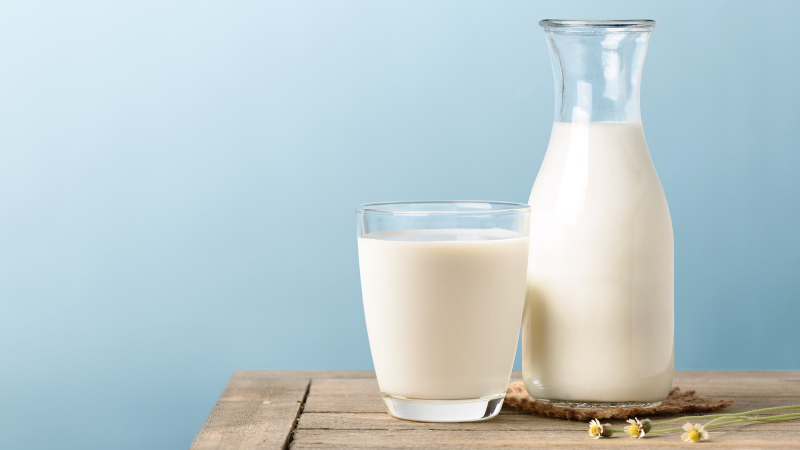
Milk 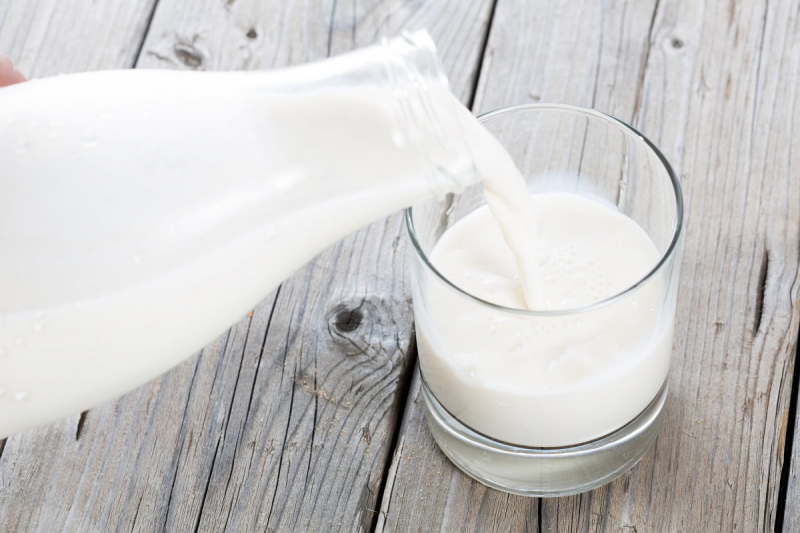
Mlik

















